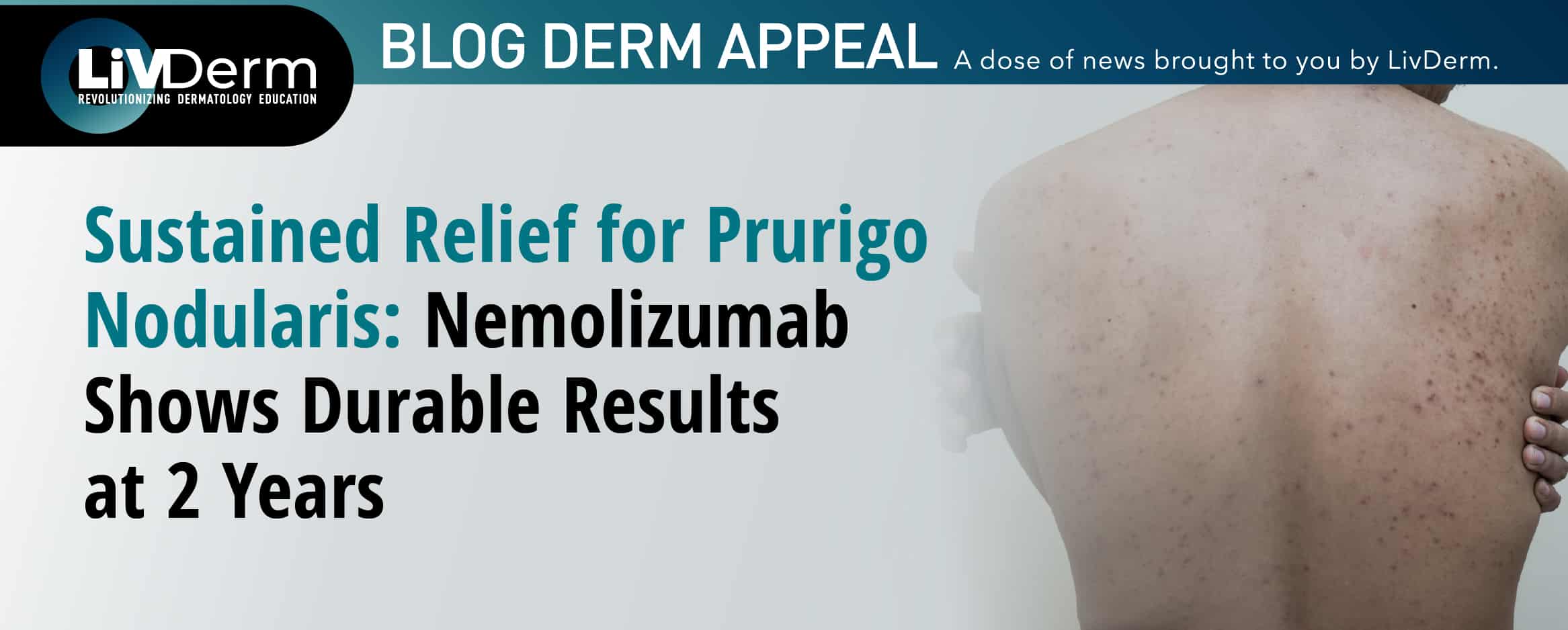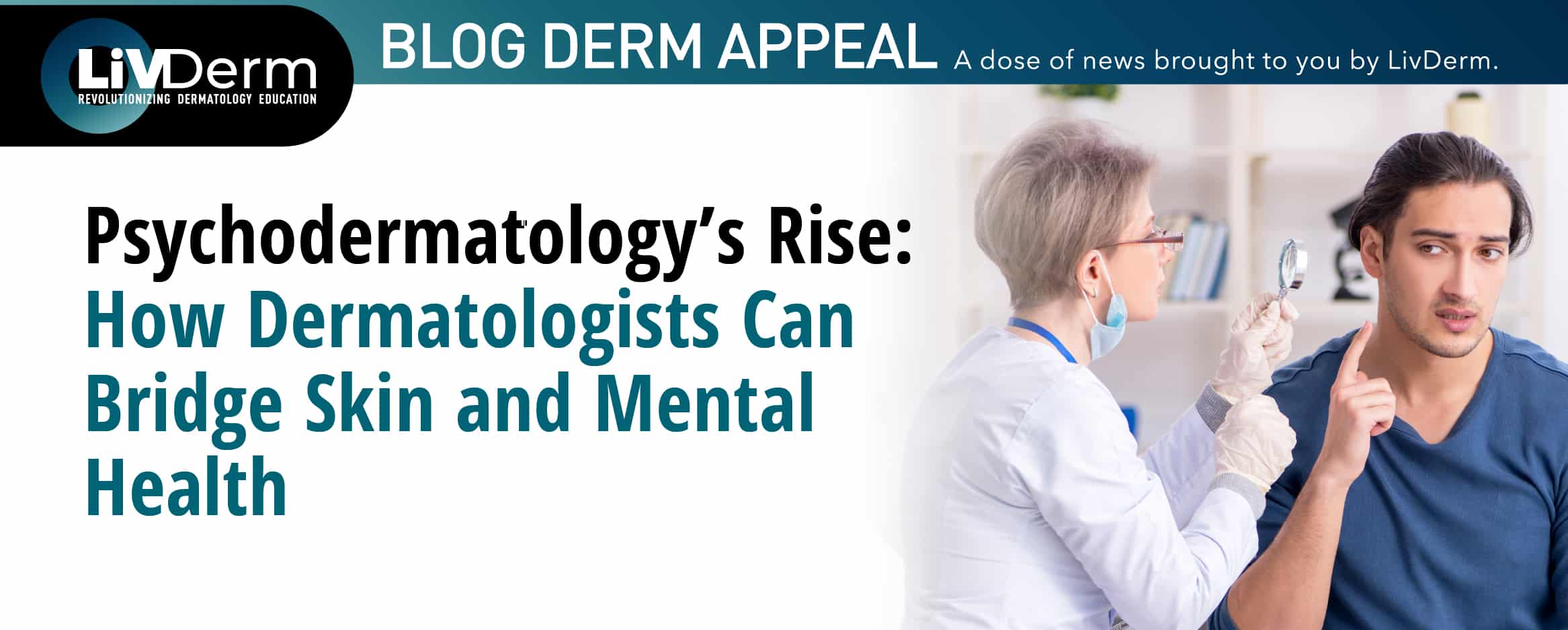Far from being a mere skin disorder, atopic dermatitis (AD) can produce severe emotional and psychological effects in addition to the physical symptoms.
When speaking about the public perception of eczema, Korey Capozza, MPH, founder of Global Parents for Eczema Research, states,
“...eczema is very common, but the common form is mild. It’s commonly misunderstood to be just a baby rash: you put on a little Vaseline or over-the-counter cream, and it goes away. The moderate-to-severe form is much less common. People have less connection to it or understanding of it. What’s lacking is an understanding of the range of symptoms that can come with this umbrella term that we use to describe eczema.”
Korey Capozza
Multiple studies have demonstrated that there is an association between AD and conditions such as anxiety, sleep disorders, and depression, all of which can significantly impact the quality of life of patients and their families.
Recently, Hsu et al. (2022) conducted a study on the correlation between anxiety and depression risk and atopic dermatitis severity in Taiwan. They found a dose-response relationship between disease severity and screening scores for anxiety and depression, indicating more severe atopic dermatitis is associated with a greater likelihood of meeting screening criteria for anxiety or depression. They noticed the proportion of patients meeting the criteria for anxiety jumped from 18.6% to 43.1% when moving from mild to severe disease; depression rates were 5.7% in those with mild illness and increased to 19.0% in those with severe disease.
Another study by Chatrath et al. (2022) found that depressive symptoms are closely related to and fluctuate with AD severity over time.
Going even further back, Yaghmaie et al. (2013) revealed a striking association between mental health disorders and AD in the U.S. pediatric population. They found the odds of having attention deficit hyperactivity disorder were significantly increased in children with AD. Additionally, a clear dose-dependent relationship was observed between the prevalence of a mental health disorder and the reported severity of the skin disease.
This type of research serves to highlight the sure existence of mental health comorbidity in patients with atopic dermatitis.
A Multidisciplinary Approach
Due to the myriad of physical, emotional, and psychological symptoms associated with AD, patients are unsure of where to go for care, not just for their physical symptoms, but also for their mental health. Many report that health care professionals focus purely on the physical symptoms and do not necessarily share their medical information with other specialist providers. Unfortunately, treatment takes place in silos as opposed to holistically.
Many now look towards a multifaceted approach as the best way forward for the treatment and care of AD. This ensures patients with AD, together with their families are in a better position to combat the disease and its accompanying comorbidities.

“Given the psychosocial challenges facing children with AD and their families, as well as the potential for psychological interventions to improve disease management and quality of life, there is a clear rationale for the integration of medical and psychological health care in the treatment of AD.” – LeBovidge et al. (2007)
It is important to recognize that with AD, the umbrella of burden is more than just the physical. There are a number of factors that remain hidden but that can, with appropriate care, be addressed more effectively.
To access more information and educational content about AD, visit LiVDerm’s Atopic Dermatitis Digital Education Hub.
- Hsu C.J., Shen D., Chan T.C., Cho Y.T., Tang C.H., Chu C.Y., (2022). Correlation between anxiety and depression risk and atopic dermatitis severity in Taiwan: a cross-sectional study. Journal of the American Academy of Dermatology, Volume 86, Issue 5, Page 999 https://doi.org/10.1016/j.jaad.2022.02.054
- Sheena Chatrath, Donald Lei, Muhammad Yousaf, Rajeev Chavda, Sylvie Gabriel, Jonathan I. Silverberg, Longitudinal course and predictors of depressive symptoms in atopic dermatitis, Journal of the American Academy of Dermatology, Volume 87, Issue 3, Pages 582-591 https://doi.org/10.1016/j.jaad.2022.04.061
- Pouya Yaghmaie, Caroline W. Koudelka, Eric L. Simpson, Mental health comorbidity in patients with atopic dermatitis, Journal of Allergy and Clinical Immunology, Volume 131, Issue 2, Pages 428-433 https://doi.org/10.1016/j.jaci.2012.10.041
- Jennifer Soriano LeBovidge, PhD, Susan Douglas Kelley, PhD, Allison Lauretti, PhD, Evan P. Bailey, MA, Karol G. Timmons, RN, MS, CPNP, Allison K. Timmons, Melissa Van Horn, PhD, Lauren Raezer Blakely, PhD, Lynda C. Schneider, MD, Integrating Medical and Psychological Health Care for Children with Atopic Dermatitis, Journal of Pediatric Psychology, Volume 32, Issue 5, Pages 617–625 https://doi.org/10.1093/jpepsy/jsl045
Using Multidisciplinary Care to Optimize Atopic Dermatitis Treatment
















